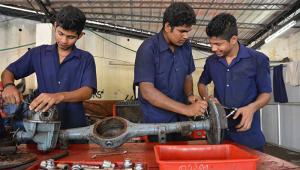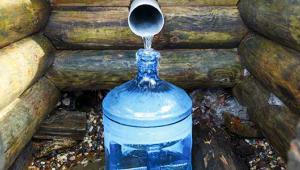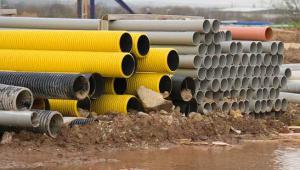The package, announced yesterday, will go towards safer drinking water for roughly 1.65 million people in West Bengal, who are affected by high levels of arsenic and fluoride in their water.
ADB principle urban development specialist Neeta Pokhrel said: “High arsenic and fluoride levels in drinking water are a threat to public health in India, where West Bengal is by far the worst affected state.
“Through efficient use of surface water and a shift to piped water schemes, the ADB project will reduce the burden of disease from arsenic and fluoride while preserving groundwater and enhancing climate resilience.”
The total cost of the project is $349m, with ADB offering a $240m loan and grant of $3m from the Japan Fund for Poverty Reduction, financed by the government of Japan.
The West Bengal government will provide $106m and the ADB will also provide a $2m grant from the Urban Climate Change Resilience Trust Fund.
Of the 350 jobs expected to be generated by this project, around a third will go to women, the ADB said.
The project will provide continuous potable water through metered connections to about 390,000 individual households in three districts of West Bengal.
ADB said that like most states in India, piped water supply in West Bengal’s rural areas has been provided through shared public stand-posts to date.
Arsenic in drinking water can lead to health problems like cancer, and exposure to high level of fluoride can cause bone disease, the ADB said.
The project is due for completion in June 2024.













